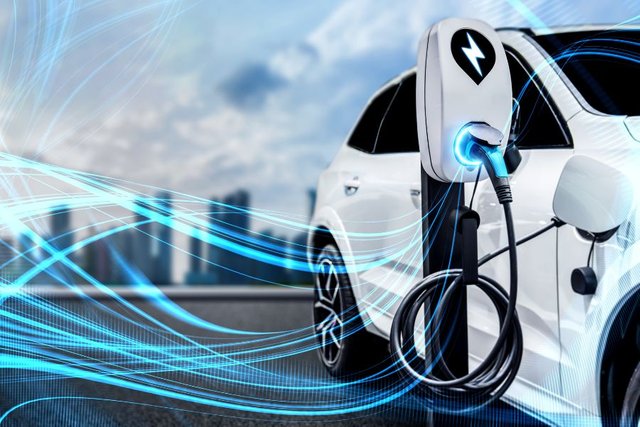The Future of Electric Vehicles: Sustainability and Mass Adoption
The future of transportation is undergoing a profound shift toward sustainability, and at the heart of this transformation lies the proliferation of electric vehicles (EVs). Electric vehicles offer a promising solution to combat environmental challenges, aiming to reduce greenhouse gas emissions and dependence on fossil fuels. However, achieving mass adoption and ensuring long-term sustainability requires addressing various challenges and leveraging opportunities in this evolving landscape.

One of the primary concerns hindering the widespread adoption of electric vehicles is range anxiety – the fear of running out of charge during a journey. While technological advancements have significantly increased the range of EVs, further innovation in battery technology and charging infrastructure is crucial. The development of faster-charging stations and the enhancement of battery capacity are essential to alleviate range anxiety and promote consumer confidence in EVs.
Governments and policymakers play a pivotal role in fostering the transition to electric vehicles. Incentives such as tax credits, subsidies for EV purchases, and investments in charging infrastructure are instrumental in encouraging consumers to opt for electric vehicles. Additionally, regulations aimed at phasing out internal combustion engine vehicles and promoting clean energy initiatives contribute significantly to the adoption of EVs on a larger scale.
Furthermore, the sustainability of electric vehicles extends beyond zero emissions during operation. The environmental impact of manufacturing batteries, sourcing raw materials like lithium and cobalt, and the management of end-of-life batteries pose challenges. Innovations in battery recycling, advancements in sustainable material sourcing, and circular economy principles are essential to minimize the ecological footprint of EVs throughout their lifecycle.
The integration of electric vehicles with renewable energy sources presents an opportunity for a more sustainable future. Leveraging solar and wind power to charge EVs contributes to a cleaner energy ecosystem, reducing reliance on non-renewable resources. Smart grid technologies that optimize energy usage and storage in conjunction with EV charging also pave the way for a more efficient and sustainable energy infrastructure.
In conclusion, the future of electric vehicles is intricately linked to sustainability and mass adoption. Overcoming challenges related to range anxiety, advancing battery technology, fostering supportive policies, addressing environmental impacts, and integrating EVs with renewable energy sources are key pillars in realizing a future where electric vehicles dominate the transportation landscape, contributing to a cleaner and more sustainable world.